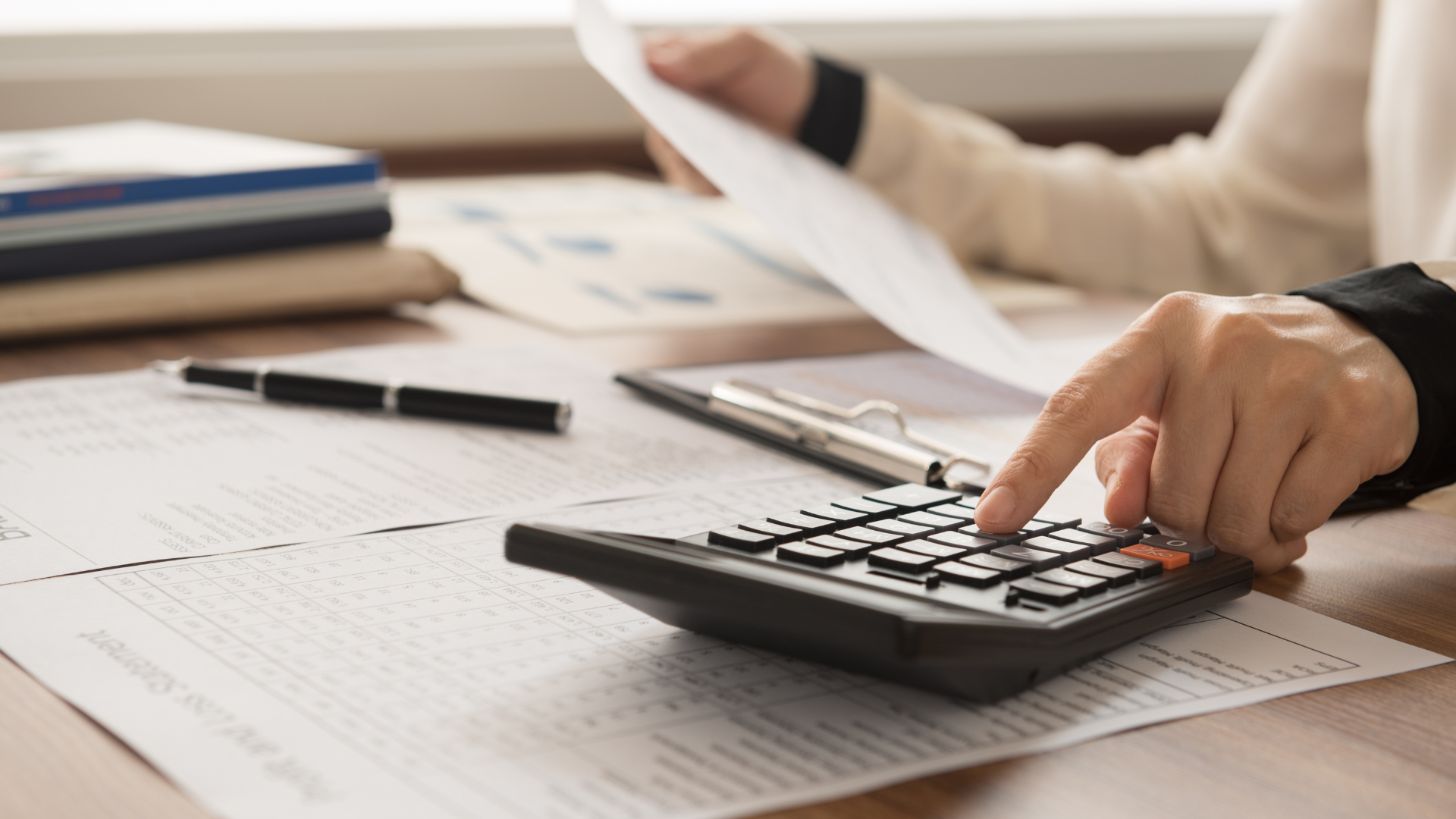National Financial Awareness Day
August 14th is National Financial Awareness Day
Each year, we observe August 14 as a day for learning how to manage finances and become financially independent. National Financial Awareness Day started in 1946 when John Biggins, introduced the ‘Charge It’ card. This opened many opportunities for easy spending, but in return, required keeping a closer eye on your bank statement each month.
National Financial Awareness Day is an important reminder about the need to understand your financial wellbeing because it acts as a checkpoint, prompting you to takes steps toward understanding how much you’re spending and saving each month.
Many Americans’ struggle with finances but getting started is not as difficult as it may seem. It’s as simple as spending less than you earn. The first step is getting organized by creating a budget.
- Add up all monthly income, but don’t include anything that you can’t count on.
- Add up all monthly expenses. You may need to review your credit card and bank records – it’s can be surprising how much you spend each month, especially if you have accounts on auto-pay.
- Subtract your income from your expenses. You may find your expenses are more than your income, but now you know and can take steps to reduce expenses and/or increase income.
Physically looking at your financial transactions is a great way to calculate what you’re spending versus how much you’re earning each month. Once you know the details of your monthly spending, you can set a goal on how much you want to save or invest so you can adjust your spending to reach that goal.
When it comes to budgeting, put yourself first. In other words, first put the money you want to set aside for goals into savings or investments. Participate in your employer-sponsored retirement plan. And put any bonuses or raises you receive toward savings. When you make savings a habit, you may find that what you don’t see, you won’t miss.
We often forget that we are all capable of learning finance, but sometimes we need a little guidance. That’s when a financial advisor can step in. An advisor can help with that uncomfortable feeling of not knowing how to responsibly manage your money. By getting to know you and your financial situation and goals, a financial advisor will help you build a plan that helps you better understand your finances so you can work toward reaching your financial goals.











